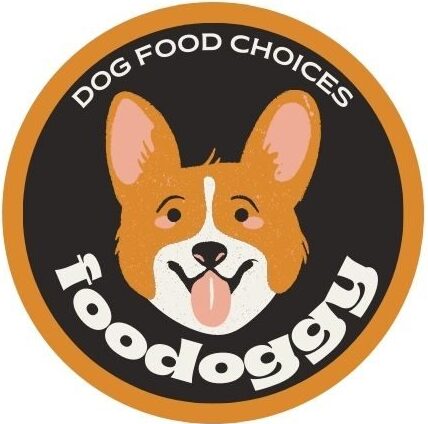As a devoted dog owner, you’re likely to do everything in your power to keep your canine companion healthy and happy. Cuttlefish bones are a popular supplement for birds, due to their high calcium content. But dogs aren’t birds, and their dietary needs are vastly different. This question arises from a known fact that might have crossed your mind, Can dogs eat cuttlefish bones?
No, dogs should not eat cuttlefish bones. It is safer to provide them with dog-friendly calcium sources as cuttlefish bones are primarily given to birds due to their specific calcium needs.
Should you, as a responsible dog owner, introduce this marine product into your pet’s diet? Read on, as we present sound arguments and evidence to answer these pressing questions.

What Is a Cuttlefish?
Venturing beyond the familiar realm, let’s now plunge into the mystifying tapestry of the marine world. Imagine a creature that’s a skillful hunter, a master of disguise, and an unparalleled expert in the art of deception. Welcome to the fascinating world of the cuttlefish.
This marine animal is not a fish but a mollusk, belonging to the class Cephalopoda, which includes squids and octopuses. Cuttlefish are intelligent creatures, possessing one of the largest brain-to-body size ratios of all invertebrates. They are capable of complex thought and problem-solving, putting them on par with many vertebrates.
Now, why should we care about these marine maestros? For one, their unique camouflage capabilities are nothing short of awe-inspiring. They can change their skin color and pattern in an instant, making them invisible to predators and prey alike. This has sparked interest among scientists looking to replicate this ability in human technology.
But here’s the clincher: cuttlefish are also invaluable contributors to their ecosystems, controlling populations of small crustaceans and fish. Without them, these populations could explode, unbalancing delicate marine ecosystems.
So, let’s all raise a glass to the cuttlefish, this unsung hero of the sea.
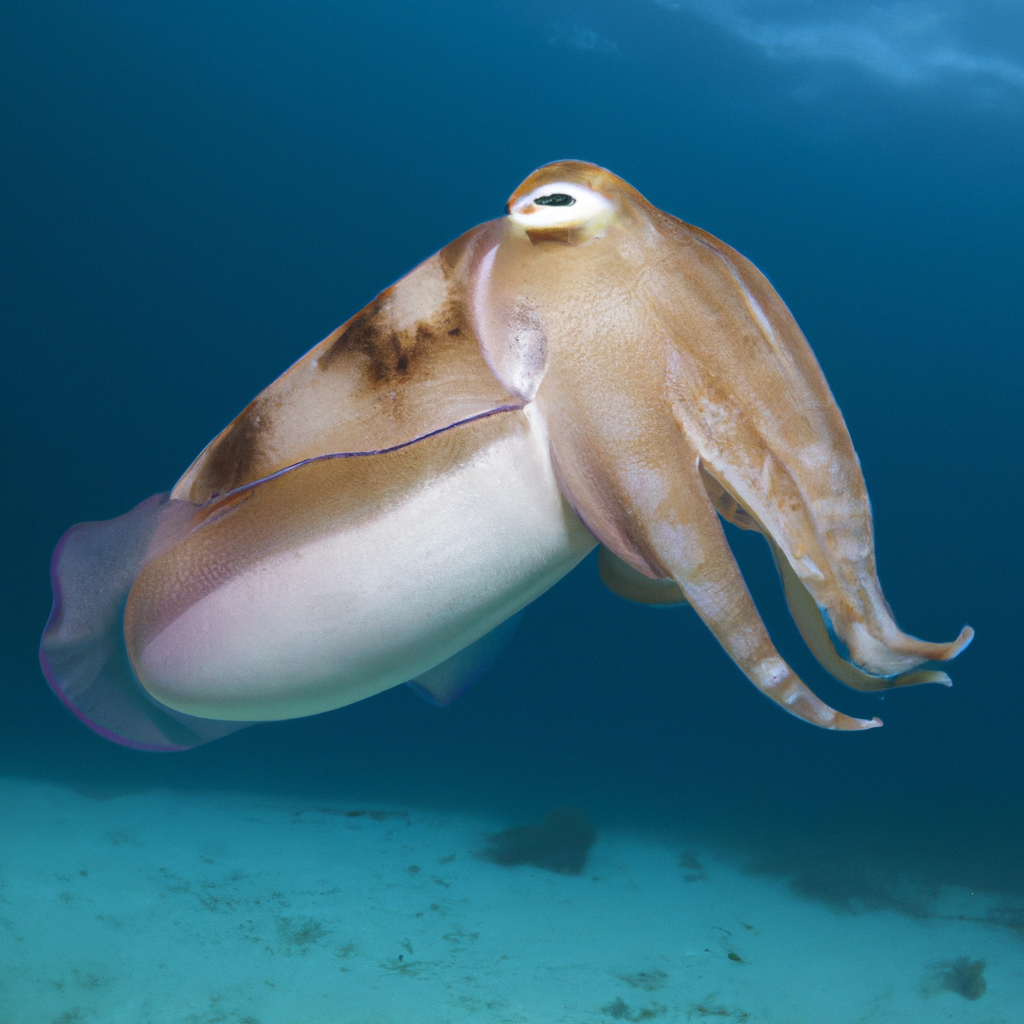
Are Cuttlefish Poisonous?
Sailing from the shores of the knowledge we’ve just explored, let us venture deeper into the intriguing world of cuttlefish. The question that now casts a shadow over our curiosity is: Are cuttlefish poisonous?
The answer to this is as captivating as the creature itself. Simply put, some species of cuttlefish are indeed poisonous. Yet, the risks associated with their toxicity are relatively low. However, the Flamboyant Cuttlefish, a particularly vibrant species, is known to be toxic. The poison in this species is similar to that found in the illustrious blue-ringed octopus, and there is no known antidote.
But here’s the catch – these captivating creatures do not use their venom aggressively. Rather, it’s a defense mechanism, an assertion of their right to exist, to be a part of this vast, vibrant oceanic tapestry.
So, dear reader, should this information cast a shadow over your fascination with these incredible creatures? Absolutely not. Instead, this should enhance your appreciation of their complexity and ingenious survival strategies. Nature, in all its infinite wisdom, has bestowed upon the cuttlefish a unique ability to protect itself, a skill that demands our respect rather than our fear.
Therefore, let’s not allow fear to cloud our intrigue.
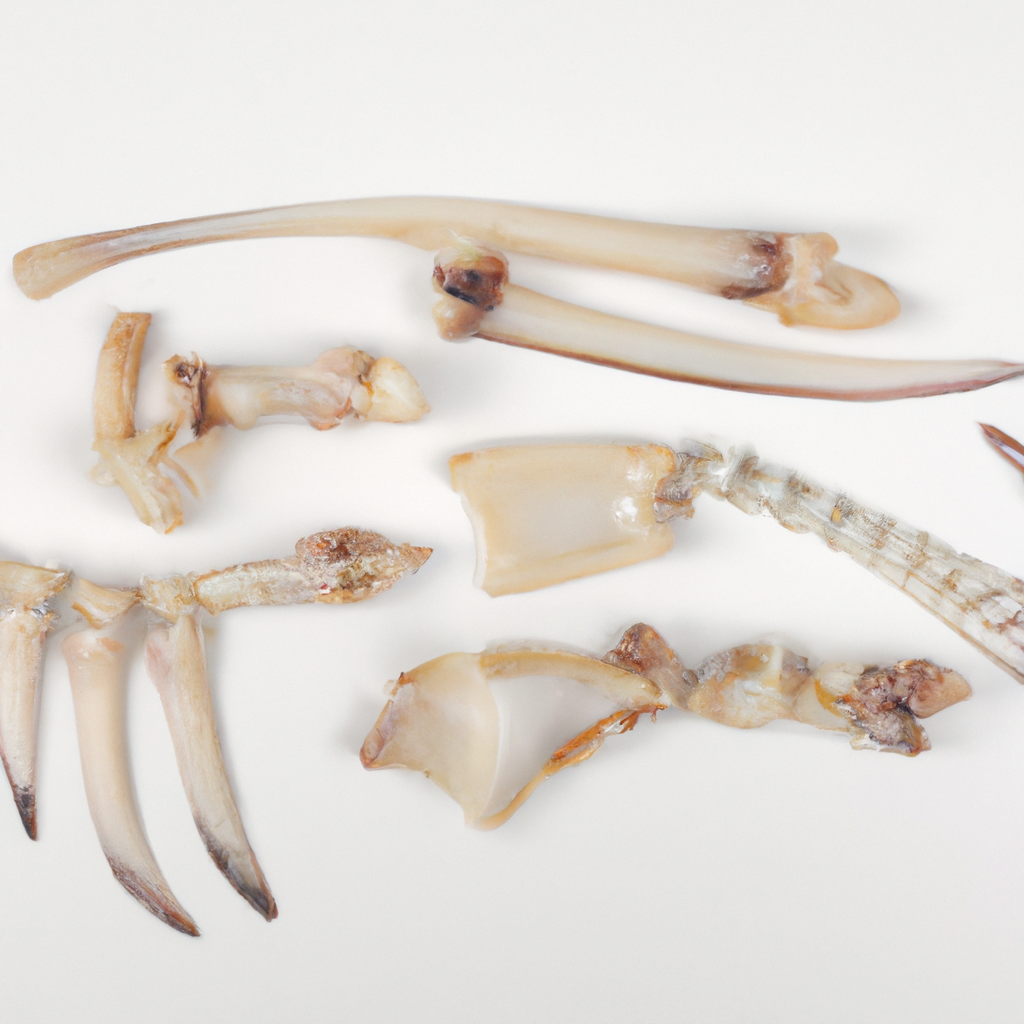
Can Dogs Eat Cuttlefish?
With an understanding of the potential toxicity of cuttlefish, you might now be casting a wary eye toward your faithful canine companion. Can the cuttlefish, with its inkjet propulsion and camouflage prowess, serve as a beneficial addition to your dog’s meal plan? Let’s delve into this.
Dogs, those lovable bundles of fur, are known to relish a variety of foods. However, feeding them cuttlefish isn’t as straightforward as you might think. First, let’s address the elephant in the room – the potential toxicity. While cuttlefish aren’t lethal to humans unless prepared incorrectly, the same cannot be said for our four-legged friends. Dogs have different digestive systems, and it’s crucial to ensure what we feed them is not only non-toxic but also beneficial.
Cuttlefish, in small quantities, can offer a rich supply of omega-3 fatty acids, beneficial for your dog’s coat and heart health. However, moderation is key. Overindulgence can lead to gastrointestinal issues. Furthermore, do not feed your dog raw cuttlefish as it may carry harmful bacteria.
To put it simply, yes, dogs can eat cuttlefish, but with precautions. Cook it thoroughly, remove any hard parts like the beak, and offer it in small amounts.
Can Dogs Eat Cuttlefish Bones?
In an attempt to give your furry friend a taste of the sea, you might be tempted to share cuttlefish bones with them. However, it’s crucial to understand the potential dangers before taking the plunge.
Cuttlefish bones, despite their name, are not actually bones. They are a hard, calcium-rich internal structure found in the soft-bodied cuttlefish, a type of cephalopod. Loaded with beneficial nutrients and minerals, these bones might seem like an ideal supplement for your dog, especially considering their popularity in avian diets.
While cuttlefish bones are known for their high calcium content and are often given to birds, it’s a different story for our canine companions. It’s not just about the nutrient content, but also about the hardness and shape. Cuttlefish bones can easily splinter and the sharp fragments can cause serious injuries to your dog’s mouth, throat, or intestines.
In contrast, think about the joy you feel when your dog is safe and healthy, their tail wagging with energy and their eyes brimming with vitality. Is it worth risking this for the sake of an unessential treat?
The bottom line is, that while cuttlefish bones might seem like a nutritional jackpot, they are a danger lurking beneath the waves for your dog. Be an informed pet owner, and always prioritize your dog’s safety.
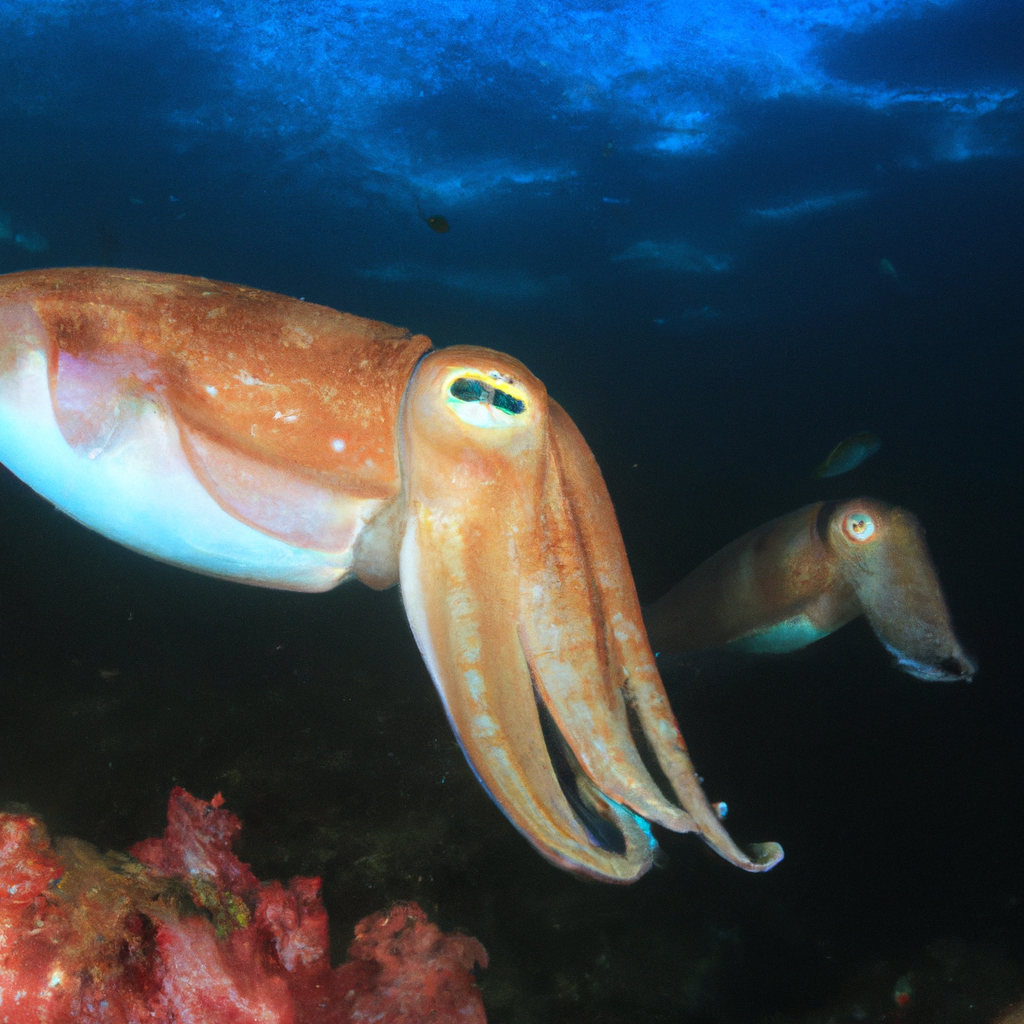
A Natural Treat for Your Pets: Benefits of Cuttlefish Bone
In our quest for healthy, natural treats for our beloved pets, let’s explore the cuttlefish bone. These marine treasures are not just playthings for birds; they can be a powerful supplement for dogs too. Rich in calcium and essential minerals, they support your dog’s bone health, teeth strength, and metabolism. They’re also a natural, easy-to-digest source of dietary fiber. So, give your dog’s health a boost and try cuttlefish bones, a unique treat from the ocean’s depths.
Health Benefits of Feeding Cuttlefish Bone to Dogs
Revel in the wonders of offering cuttlefish bone to your canine companion! It’s not just an ordinary treat, but a treasure trove of health benefits. This unique snack is not only safe for dogs, but it also delivers a plethora of wellness perks for your pooch.
Calcium: Just like humans, dogs need calcium for strong bones and teeth. Cuttlefish bones are an excellent source of this vital mineral.
-
Reduced risk of fractures: A diet rich in calcium can help to strengthen your dog’s skeletal system, reducing the risk of fractures and other bone-related injuries.
-
Improved dental health: Chewing on cuttlefish bones can help to remove plaque and tartar, improving your dog’s dental health and resulting in a sparkly smile!
-
Dietary Fiber: Cuttlefish bones are high in dietary fiber, making them a beneficial addition to your dog’s diet.
-
Digestive health: Dietary fiber aids in digestion and can help to prevent constipation in dogs.
-
Potential Risks Of Eating Cuttlefish Bones for Dogs
While the gifts of Mother Nature, such as cuttlefish bones, can indeed offer a treasure trove of benefits for our beloved pets, it is equally critical to consider the potential shadows that lurk in these sunlit wonders. Your dog’s health, a priceless gem that radiates love and joy in your life, might be subjected to potential risks from consuming cuttlefish bones.
It’s time to be both a pet lover and a discerning guardian. Just as you wouldn’t feed your child anything without understanding its impacts, why should it be any different for your furry friend? Cuttlefish bones, despite their rich calcium content and dental benefits, can also pose a choking hazard to your pets. Moreover, high calcium intake can lead to hypercalcemia, a condition that can cause a range of health complications.
Instead of casting a blind eye toward these risks, let’s arm ourselves with knowledge and caution. If you choose to use cuttlefish bones, monitor your pet closely. Make sure they do not bite off large pieces that could cause harm. Furthermore, balance their diet to avoid excessive calcium.
Remember, the love we have for our pets demands more than just pampering. It calls for informed decisions that ensure their well-being and longevity.
Read More Here: Can Dogs Eat Raw Chicken Bones?
Can Dogs Eat Dried Cuttlefish?
Now that we’ve navigated the rocky shores of potential risks, let’s dive deeper into the ocean of knowledge about our canine companions. The question that arises from the depths is, can dogs eat dried cuttlefish?
As you consider treats for your furry friend, it’s essential to remember that their dietary needs differ vastly from ours. While dried cuttlefish might be a delicacy for humans, it’s a whole different ballgame for dogs. Dried cuttlefish, like its raw counterpart, still poses potential risks due to its high salt content and tough texture.
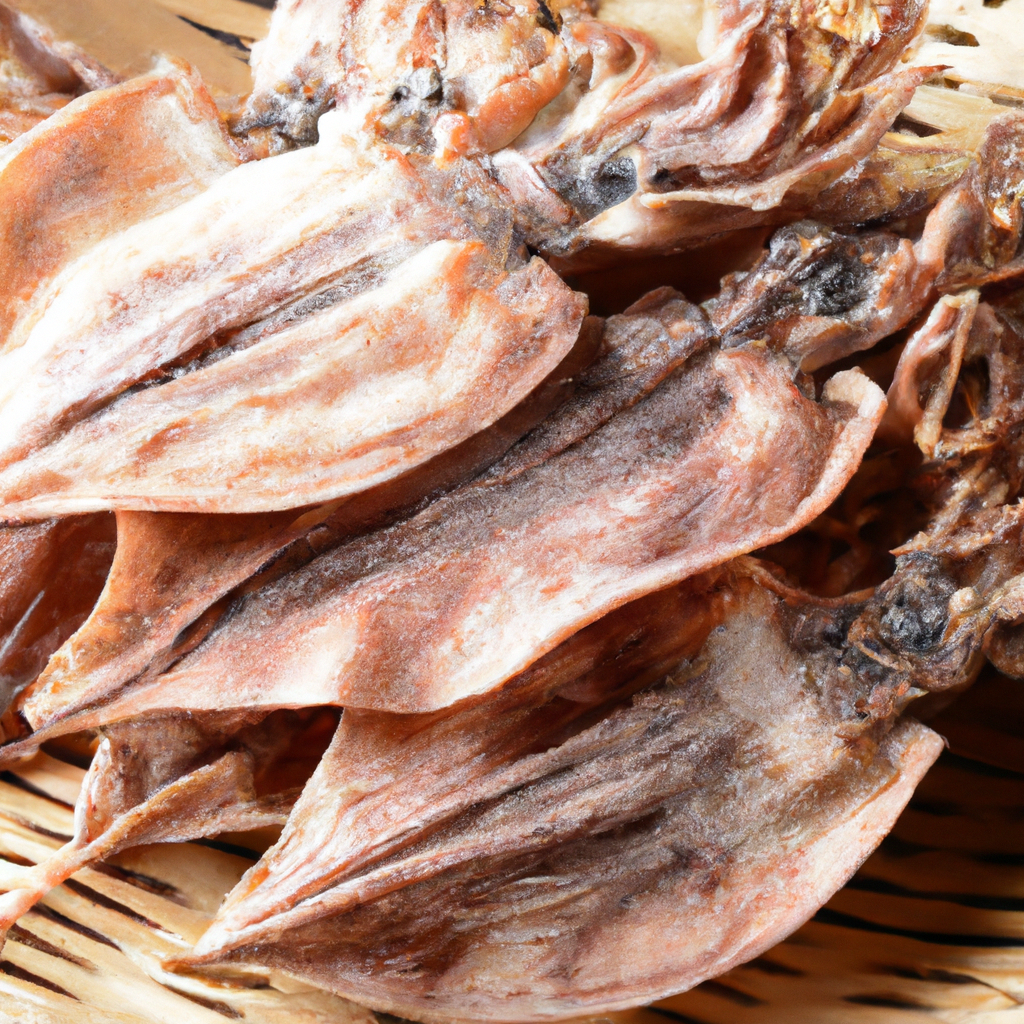
Our beloved dogs have a flourishing bond with us, one that we must protect by ensuring the safety of their diet. The high sodium content in dried cuttlefish might lead to health issues like dehydration, hypertension, and kidney damage. Now, imagine your little buddy struggling to stay vibrant due to a snack that was meant to be a treat. It’s a heart-wrenching thought, isn’t it?
Moreover, the tough texture of dried cuttlefish could pose a choking hazard or cause digestive obstruction. Picture an afternoon at the vet, filled with worry and guilt, all because of a treat that could have been avoided.
So, I urge you, dear readers, let’s prioritize our pets’ health above all else.
Read More Here: Can Dogs Eat Quail Bones?
Alternatives to Cuttlefish Bones for Dogs
Spiraling from the intriguing discussion of whether canines can consume dried cuttlefish, let’s seamlessly dive into an equally captivating topic: alternatives to cuttlefish bones for your beloved four-legged friend.
In the quest to provide the best for our pets, it’s crucial to recognize that the world of pet nutrition is as vast and diverse as our own. While cuttlefish bones may not be harmful, there are bountiful alternatives that not only match but may surpass the benefits of dried cuttlefish.
Consider fish oil supplements. Packed with omega-3 fatty acids, these supplements are not only safe but also highly beneficial for your dog’s skin, coat, and overall health. Moreover, they are easily digestible and less likely to cause any allergic reactions.
For those in search of a more natural alternative, fresh fish like salmon or mackerel are excellent choices. Not only do these fish provide a high-quality protein source, but they are also laden with essential fatty acids and vitamins.
In the end, what matters is not just what we feed our pets, but how we feed them. Prioritizing their health, happiness, and well-being should always be our goal. So, explore these alternatives and give your dog the best that nature has to offer.
Conclusion
Though cuttlefish bones are not inherently toxic, they might pose potential risks such as choking or digestive issues. However, they can also offer unique benefits like aiding in dental hygiene or serving as a calcium supplement.
Therefore, the decision to feed your dog cuttlefish bones should be made with due diligence and consideration. Always observe your pet’s reactions and consult with a vet when introducing new items into their diet. Remember, your pet’s health is in your hands.
